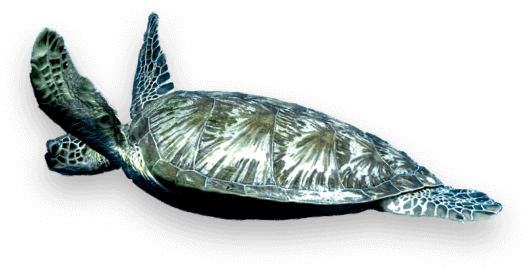Keep water circulating to filter and prevent bacteria and algae growth. Checking the pool’s chemical balance and pH. Shocks the pool to increase free chlorine levels and destroy bacteria and algae. addition of algaecide to slow algae growth.
how long should you keep your pool pump running Ideally 24 hours a day, 7 days a week. However, as this is not feasible for everyone’s budget or equipment, we recommend that you leave your filter running at least 10 to 12 hours a day. This will flip the water a few times and keep your pool safe and clean. Thorough pool maintenance ensures clean and safe water throughout the bathing season.
The following are some important steps to include in your weekly pool maintenance routine. Pool maintenance starts with pool circulation. If your pool water isn’t moving, your pump isn’t pumping, or your filter isn’t filtering, you’re going to fight an uphill battle to keep your pool clean. This is because stagnant water is a breeding ground for algae growth. Another easy adjustment is to make sure your pool jets are facing away from your skimmer allowing your water to circulate in a circle.
This promotes pool water spinning and makes it easier for your skimmer to remove debris. It also helps tilt the jets down so the bottom of the pool circulates as well. If there are parts of the pool that are struggling to get water, most commonly around the steps, ladders, crevices, and corners of your pool, you can lean towards those areas as well. Basic cleaning should be carried out regularly throughout the bathing season.
You can expect to fly over the pool daily, vacuum every other day, and brush the walls twice a week as a maintenance schedule for your swimming pool. Expect cleaning even after a busy pool day with lots of swimmers. Vacuuming your pool is another important part of removing debris that can reduce blood circulation and damage your pool. Regular cleaning of the skimmer and pump baskets is important for general maintenance of your swimming pool.
Every swimming pool needs routine maintenance to keep all parts in good working order and the water clean and clear. Huge amounts of such contaminants can interact with a pool’s chlorine and form chloramines, which give off the strong chlorine smell that many people associate with pools. Not only will you enjoy your swim, but also the peace and quiet that comes with regular and thorough pool maintenance. At the very least, you’ll need a net skimmer to remove surface debris and a pool brush to clean the sides and bottom of the pool.
Most pool specialty stores and big box retailers sell easy-to-use test kits or test strips that can be used to test your pool water for the most important chemicals. If the water is balanced, run the pump for 8-12 hours a day during the day or when adding chemicals for general pool maintenance. If you know how your pool works, understand the care it needs, and plan ahead, you may be proud of your pool maintenance skills. Having the right tools on hand makes pool maintenance an easy task that won’t get in the way of your seasonal fun.
Check the water level regularly while doing other pool maintenance to make sure it stays above the skimmer. Flush the pool filter back as needed (weekly for pools that are in heavy use; or when the filter indicator shows 8-10 psi higher than normal). To ensure your pool stays clean even when sanitizer runs out, add a pool shock regularly. Although there are different maintenance procedures for each type, they all need to be cleaned regularly, depending on the type of filter and the number of times a pool is used.
.


